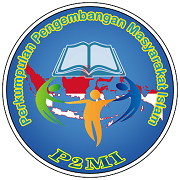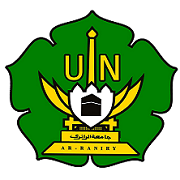KONSEP WALAD DAN PEMBAGIAN HAKNYA MENURUT IMAM MAZHAB DAN SYAHRUL (KAJIAN TEORI HUDUD SYAHRUL)
Abstract
This study raises the concept of walad and the distribution of rights in Islamic inheritance according to the hudud Syahrur theory and the ulema of the school of fiqh. Syahrur did not differentiate the meaning of the word walad in an-Nisa 'verses 11 and 12 and 176. Shahrur interpreted the word walad in an-Nisa' as a boy and girl. This opinion is clearly different from the opinion that developed among the Sunni scholars. The ulama of the school interprets the word 'Surat an-Nisa' verse 176 as a boy. This opinion has 2 reasons. First, they use the Walad lafad in a special way. The Arabs interpret lafad walad as a son only in terms of (daily habits), the second lafad walad is interpreted in a hamlu way because there are three hadiths as supporters. The three hadiths say that girls cannot spend property. Syahrur established three forms of legal boundaries in the distribution of inheritance for boys and girls. The first is the maximum portion for boys 66.6% and the minimum limit for girls is 33.3%. The second is the minimum limit that must be accepted by girls 2/3. The third is the minimum limit for girls to get half (50%) of the assets. Whereas according to the ulama the sect received by a boy is equal to two parts for a girl. This understanding is interpreted through the Bayani approach.
Keywords: Walad’s pronunciation, part of inheritance for children
Full Text:
PDFDOI: http://dx.doi.org/10.22373/al-ijtimaiyyah.v4i2.1313
Refbacks
- There are currently no refbacks.
Copyright (c) 2018 Jamaluddin

This work is licensed under a Creative Commons Attribution-ShareAlike 4.0 International License.
Jurnal Al-Ijtimaiyyah has been indexed by:



















